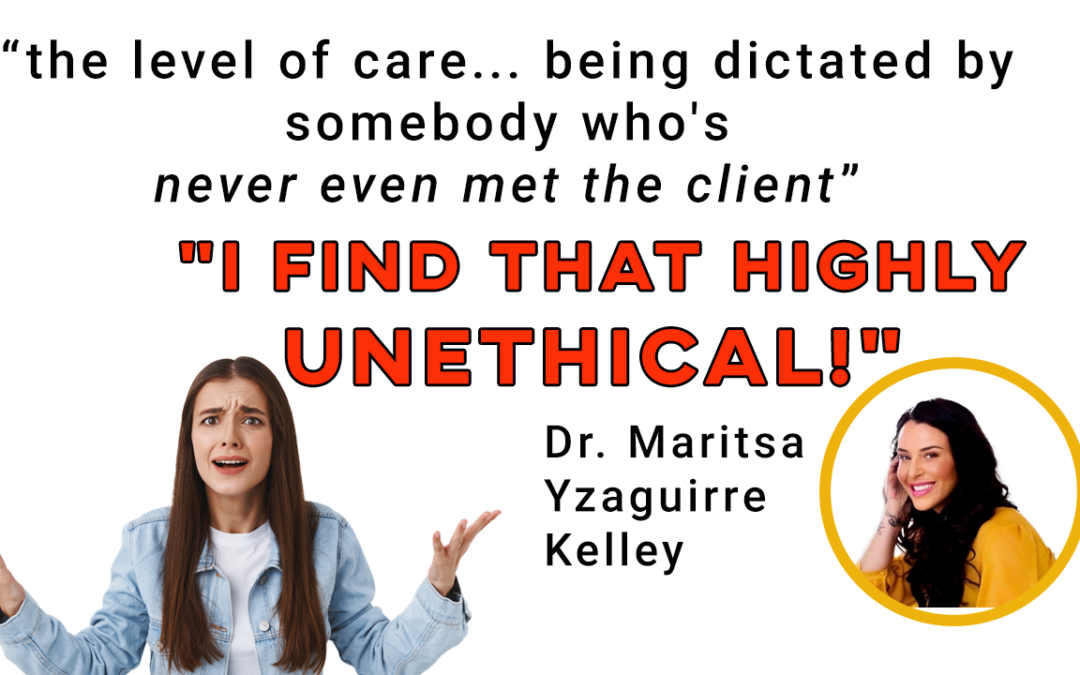In the podcast episode of “Beat Your Addiction,” co-host Scott Jones alongside Dr. John Giordano and guest Dr Maritsa Yzaguirre Kelley engaged in an in-depth discussion about addiction, mental health, and the societal constructs that influence treatment methodologies. The episode revolves around the challenges faced by individuals in recovery, especially during holidays associated with substance use, such as St. Patrick’s Day. Dr. Giordano, a recovering addict with 40 years of sobriety, underscores the importance of helping others while maintaining a balance between financial sustainability and altruism. Dr. Kelley shares insights into establishing healthier habits and coping mechanisms for those in recovery, particularly around triggering dates like St. Patrick’s Day.
Additionally, they emphasize a holistic approach to treatment, advocating for the examination of underlying physical health issues that can contribute to addiction and mental health problems. They discuss the shortcomings of conventional treatment approaches, including reliance on medication and inadequate support systems, while proposing a more integrated model that encompasses lifestyle changes, emotional regulation, and nutrition. The episode also highlights the dire consequences of untreated addiction, exacerbated by ineffective healthcare policies and systems that prioritize profits over patients’ well-being. Connecting these issues to societal behaviors, they call for a shift in mindset towards a multifaceted and compassionate approach to treatment and prevention.
Highlights
- Navigating Triggers: Dr. Kelley recommends engaging in sober activities and creating new traditions to navigate holiday triggers associated with drinking.
- Balance in Helping: Dr. Giordano emphasizes the need for a balance between helping others and financial sustainability in addiction recovery work.
- Holistic Treatment Approach: The podcast advocates for examining not just mental health but also physical health factors, including diet and lifestyle, impacting addiction recovery.
- Medication Caution: Concerns were raised over the increasing reliance on psychotropic medications in addiction treatment without exploring underlying causes or issues.
- Micro Changes: Incremental lifestyle changes can foster longer-lasting improvements in physical and mental health, debunking the myth that drastic changes are necessary for successful recovery.
- Systemic Issues: The conversation reveals systemic flaws in treatment programs and healthcare policies that prioritize profits over genuine patient care.
- Early Education Importance: The need for social-emotional learning and mental health education in schools to equip children with skills to manage their emotions and potentially reduce the prevalence of addiction issues in adulthood.
Key Insights
-
Challenging Holiday Norms: The discussion emphasizes how holidays often create a romanticized perception of drinking and substance use, exacerbating feelings of peer pressure among individuals in early recovery. Dr. Kelley’s suggestion to create celebratory alternatives, like making “green lemonade,” serves as an innovative approach to reframing sober celebrations, aiding those in recovery by establishing new, healthy associations with themes traditionally linked to substance abuse.
-
💡 Underlying Health Factors: Dr. Giordano’s emphasis on the interconnectedness of mind and body highlights a critical gap in conventional treatment approaches. Addressing bodily health issues — such as hormone levels or nutritional deficiencies — could significantly improve mental health outcomes. This underscores the importance of comprehensive care that goes beyond traditional talk therapy and acknowledges physical health’s role in recovery.
-
Ineffective Treatment Models: The podcast dismantles outdated treatment methods like the short-term, 28-day model, which lacks scientific backing. Discussion around sustainable treatment methods suggests that longer engagement and more in-depth support have better outcomes. This insight calls for a reevaluation of existing treatment protocols to design more effective pathways that incorporate lengthier stays and follow-ups.
-
Ethical Dilemma in Healthcare: The conversation raises ethical concerns regarding insurance companies whose policies often deny adequate care based on financial metrics rather than patient needs. This insight discusses how treating addiction properly — such as providing essential aftercare and ensuring appropriate follow-up — would reduce costs over time and ultimately lead to healthier communities.
-
Emphasis on Lifestyle Changes: The dialogue surrounding micro-changes promotes the idea of gradual lifestyle enhancements rather than drastic overhauls. By framing changes such as reducing sugar intake or incorporating wholesome foods into diets as manageable, the hosts advocate a practical approach that resonates more with those hesitant about making significant life changes.
-
Societal Impact: The discussion touches on societal tensions surrounding addiction and mental health care, particularly regarding adolescent health. The need for comprehensive education regarding mental health, nutrition, and emotional regulation in schools is presented as a foundational solution to curb future addiction rates, thereby addressing the issue at its source rather than solely focusing on recovery.
-
Call for Empowerment: Ultimately, the podcast ends with an empowering message for listeners to take responsibility for their health by seeking help when needed, exploring different treatment options, and advocating for themselves within the system. The emphasis on taking small, deliberate steps in improving one’s health mirrors the path to recovery, encouraging listeners that change is possible through concerted effort and support.
In summary, “Beat Your Addiction” presents a refreshing and optimistic viewpoint on tackling addiction and mental health, challenging conventional paradigms and advocating for change that is sensitive to the nuances of individual experiences. The episode fosters a sense of community, empowerment, and resilience, essential for navigating the complex landscape of addiction recovery.


Recent Comments